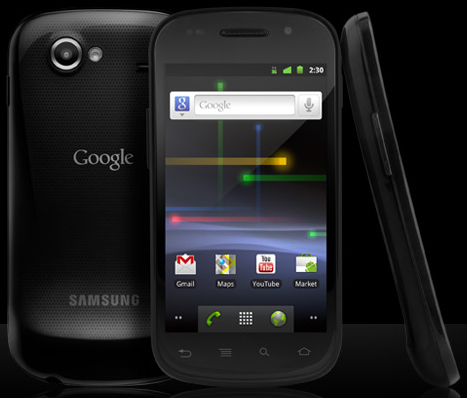The ever so confusing Android identity crisis


See also:
- Goodbye EVO 4G, hello Sprint Nexus S
- Samsung Nexus S 4G Review [CNET]
- Gallery: Top Android smartphones for the summer
- What's your Android 'Fiddling ratio'?
- Full coverage: Android
The Nexus S phone is manufactured by Samsung, and while it looks like other Android phones made by the company it is completely different in operation. This is Google's flagship phone for the Android platform, so it ships with the absolutely stock Gingerbread version of the OS. There are no customizations by Samsung on the phone, it is Android as produced by Google.
Now that I've used the Nexus S for a few days, I realize that many of the Android apps I have used for months on other devices are not Android apps. By that I mean that the apps on phones and tablets that I thought were Android apps are really the OEM versions installed on a particular device. An example of that is the Calendar app that is installed on every Android device. Now that I have used the stock Android version of the app on the Nexus S, it is clear every single version I've used on other devices has been a variant of the app, and not the one that is part of Android proper.
This points out the difficulty that consumers have with Android. It is not clear which apps or widgets installed on a phone running Android are really part of the OS. From the user's perspective they all are, and that's not the case. This is significant because if the owner of an Android phone has a bad experience with an app or two that isn't really stock Android, the platform is going to be blamed anyway. If it looks like Android, and it is pitched to be Android, then it really is Android. Sadly, what I am discovering is that in some cases the real Android app is better than that actually getting installed on OEM devices. Customers don't get to see that at all, and have no way short of modding the device to get access to those stock apps.
What I have come to realize with the stock Nexus S, is that the real Android apps are good. Pretty good, actually, and often better than third party variants. I would never have known this without buying the Nexus S, and that points to the identity crises that Android has in the market. Every Android device is has a different set of basic software preinstalled, and it's not clear what is what.